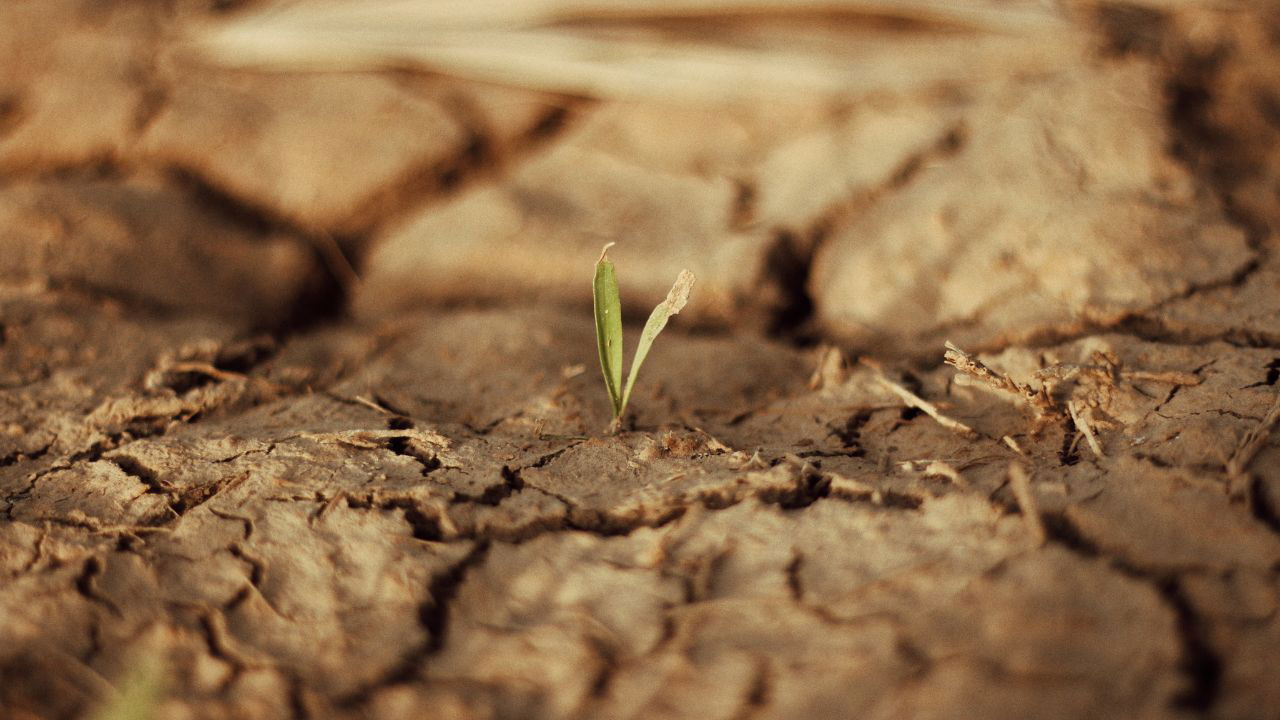
On January 13th, Department of Biotechnology (DBT), hosted the fifth webinar in its Biofoundry and Bio-manufacturing Initiative series, focusing on “Bio-manufacturing for Climate Resilient Agriculture.” This important session aligned with the BioE3 Policy (Biotechnology for Economy, Environment & Employment), which was approved by the Union Cabinet in August 2024. The policy aims to position India as a global leader in bio-based innovations, fostering sustainable bio-manufacturing across various sectors, including climate-resilient agriculture. The initiative not only supports economic growth but also ensures environmental sustainability, crucial for addressing the challenges of climate change.
The webinar brought together academia, industry leaders, researchers, and start-ups to explore advancements and opportunities in sustainable and regenerative agriculture. Emphasizing the urgent need for climate resilience, the discussions highlighted how agriculture is both a significant contributor to climate change and vulnerable to its impacts. To tackle these challenges, the sector must focus on improving yield quality, reducing wastage, and revamping the entire value chain—from production to waste management.
Dr. Vaishali Panjabi, Scientist ‘F’ at DBT, reiterated the BioE3 Policy’s vision to foster high-performance bio-manufacturing for sustainable growth. According to Dr. Panjabi, the policy positions India at the forefront of biotechnology solutions aimed at overcoming the complex challenges faced by various sectors. "Agriculture embodies the spirit of human survival," she said, "but it is essential to address both its contribution to climate change and its vulnerability to its effects." The focus, she emphasized, is to develop sustainable, biotechnology-driven solutions to meet global food demands, reduce environmental impacts, and strengthen India’s bio-economy.
Dr. Sumita Kumari, Scientist ‘D’ at DBT, provided an overview of the role of bio-manufacturing in transforming India’s agricultural landscape. She highlighted the importance of integrating sustainable practices and disruptive technologies to harness the rich biodiversity of India for embedding climate resilience within the sector. Dr. Kumari underscored how these technologies could help to mitigate the adverse effects of climate change and improve agricultural productivity.
Dr. Gopaljee Jha, from the Plant Microbe Interactions Lab at NIPGR, New Delhi, spoke on how India could leverage its vast bio-resources to develop bio-based solutions to sustain agricultural production in the face of climate challenges. He emphasized strategies for scaling up manufacturing capacities and advancing technologies such as synthetic biology and AI/ML to enhance microbial chassis for bio-protectants, bio-stimulants, and bio-fertilizers, which would contribute to sustaining plant yields.
Dr. Renuka Diwan, Co-founder and CEO of Bioprime Agri Solutions Pvt. Ltd., offered insights from an industry perspective. She discussed the practical requirements for bio-manufacturing to build climate resilience in agriculture, including sourcing raw materials, process optimization, and yield enhancement.
She also highlighted the role of the BioE3 Policy in fostering a supportive environment for long-term growth and global competitiveness. Furthermore, Dr. Diwan stressed the need for financial support channels and incentives to scale up bio-manufacturing efforts.
The session concluded with a lively Q&A segment, where experts and participants discussed regulatory considerations, challenges, and the opportunities presented by bio-manufacturing for climate resilience in agriculture.











